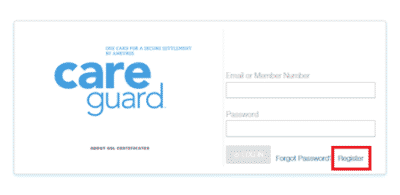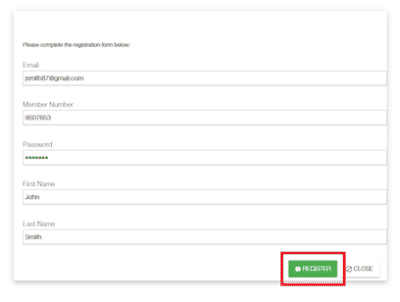When a Workers' Compensation or liability settlement involves a Medicare Set-Aside (MSA), there are often specific terms in the settlement agreement about who will inherit the remaining medical settlement funds upon the death of the injured party.
Settlement Agreement Terms
Typically, the settlement agreement clearly outlines the beneficiary or beneficiaries who are entitled to any remaining MSA funds. Both the plaintiff and defense parties can negotiate these terms and stipulate how these funds should be distributed.
Beneficiary Designation
If a beneficiary is named in the settlement agreement, the funds are disbursed accordingly upon the account holder's passing. If no beneficiary is listed, the funds will generally pass to the account holder’s estate or follow the stipulations of their will.
No Beneficiary? What's Next?
In instances where no beneficiary is appointed, nor an estate plan or will exists, the account holder can designate a beneficiary with Ametros by completing a beneficiary form. This action ensures a clear path for disbursement.
Priority of Instructions
The executed settlement agreement's instructions have the highest authority and will always take priority in determining how funds are distributed. In all cases, Ametros does not charge an account closing fee or keep any remaining funds in the account.
Further Details and Assistance
For additional clarity on the process of MSA fund distribution upon death, reviewing the executed settlement agreement is crucial, as well as consulting with legal counsel if necessary. If you need to update your beneficiary information, consider reaching out to Ametros for guidance.


